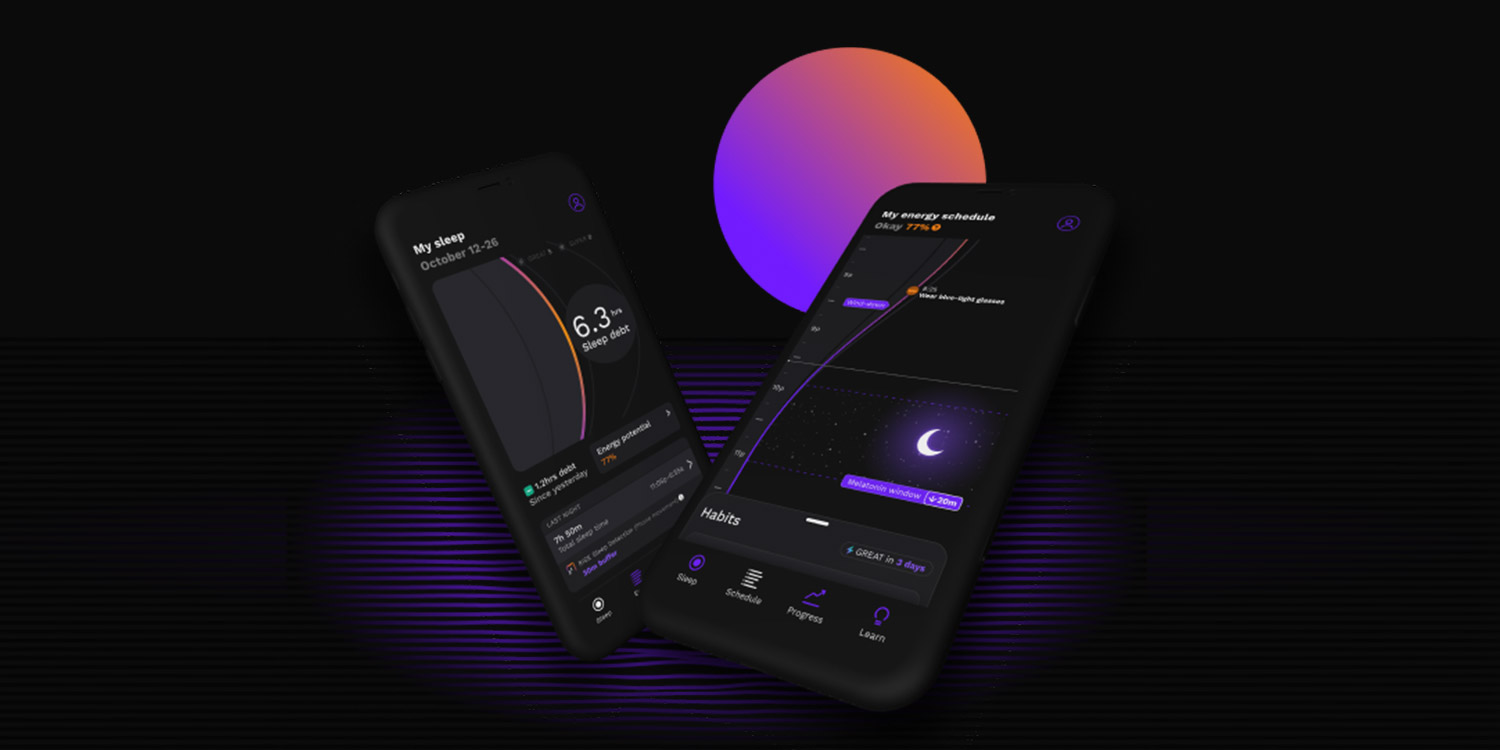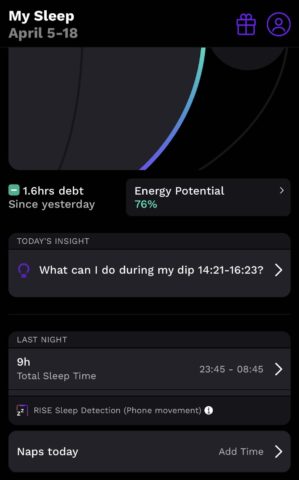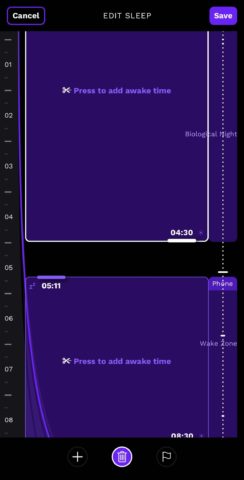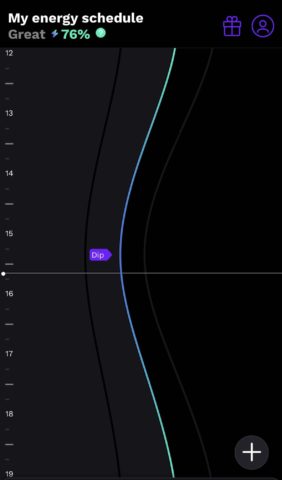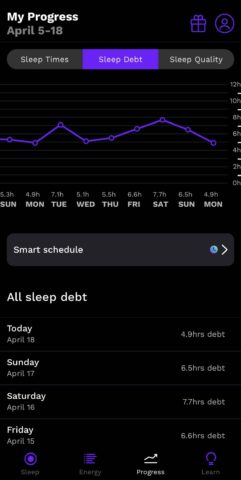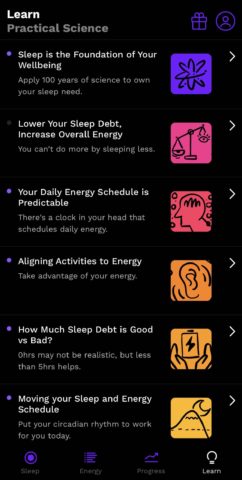Price: Free
Subscription: $60 (£50) annually
Version: 1.181
Size: 89.3 MB
Seller: Rise Science Inc.
Platform: iPhone
We’ve looked at a handful of smart sleep assistants over the years, but RISE: Energy and Sleep Tracker is one of the best on the App Store. Its combination of easy-to-understand metrics and guidance with hard science and current research make it an incredibly easy (and rather enjoyable) app to use.
When first configuring RISE, the app introduces users to the only sleep metric they need ever care about: the concept of “sleep debt.” RISE calculates the required amount of sleep its users should be getting (based on factors like age), and then monitors the user’s sleep to see if they’re achieving what they need. Poor habits will see your sleep debt built – sometimes as far into the double-digits.
RISE automatically calculates your individual sleep need using a combination of sleep science models and (with your permission) historical usage data gathered from your device. Unlike other sleep apps, there’s no manual activation of monitoring and no need to keep your phone under your pillow overnight. One huge benefit of this approach is that RISE can estimate your sleep patterns for the past year, meaning you get useful data immediately instead of laboriously tracking for a week before any insights begin to emerge.
In our testing, this was surprisingly accurate, but users can manually tweak their recorded sleep hours the following morning if they notice an anomaly. It’s also possible to input daytime naps and periods of broken sleep, which is a useful addition – especially for new parents or biphasic sleepers with unusual rest patterns.
Perhaps the most interesting feature in RISE is how the app uses your sleep data to predict energy peaks and troughs throughout the day, as well as your “melatonin window,” the period when your body naturally releases melatonin, often called a “sleep hormone.” Collectively, these make up your circadian rhythm, which allows RISE to estimate when your brain and body are ready to go to sleep, helping to align your sleep patterns with your body’s natural preferences.
Your energy schedule, on the other hand, predicts how your daily energy levels are likely to fluctuate. It’s natural to feel more (and less) energized at various points throughout the day. Using your sleep data, along with a ton of scientific research, RISE is able to predict specific windows for these energy windows. In testing, we found these indicators to be pretty accurate, and super useful for scheduling work and exercise to coincide with energy peaks.
Most of what we’ve talked about so far exists in two separate tabs, called Sleep and Energy. But RISE also includes a third tab – Progress – where you can track your sleep over a period of time. Usefully, this section of the app is separated into Sleep Times, Sleep Debt, and Sleep Quality. All three provide an interesting overview of how your sleep trends are changing.
Finally, a fourth tab – Learn – lets users find out more about some of the science behind RISE. This further reading is easy to understand and offers some handy insights for those looking to make the most of their energy dips.
RISE is an impressive app, with a far different approach to other sleep trackers we’ve tested. We haven’t even touched on its excellent use of Home Screen widgets, Apple Watch complications, and tight integration with your Calendar. There’s lots more to discover here if you’re interested in improving your sleep and having more energy in the day.
RISE can be downloaded free of charge, with a free seven-day trial. After that, the app costs $60/£50 per year if you decide to keep going. We recommend you give it a try and see if your energy levels feel any different after the trial period – you’ll be able to dive right in thanks to the app’s historical sleep data calculations. With any luck, you’ll soon be sleeping better and feeling more energized than ever. Goodnight!
